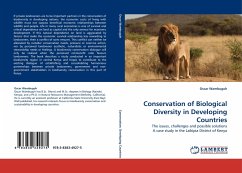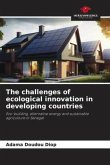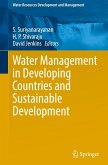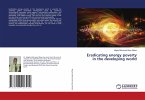If private landowners are to be important partners in the conservation of biodiversity in developing nations, the economic costs of living with wildlife must not surpass beneficial economic relationships between wildlife and people. Life in many rural economies is one of survival and critical dependence on land as capital and the only avenue for economic development. If this natural dependence on land is aggravated by factors that make the economic survival relationship less rewarding to landowners, then a conflict of sorts ensures. This conflict can neither be alleviated by outsider conservation needs, pressure or coercive action, nor by perceived landowner aesthetic, naturalistic or environmental stewardship needs or feelings. A biodiversity conservation dialogue will only be realised when the perceived net-benefit ratio favours landowners. The book describes a study conducted in an important biodiversity region in central Kenya and hopes to contribute to the existing dialogue of establishing and consolidating harmonious partnerships between private landowners, government and non-government stakeholders in biodiversity conservation in this part of Kenya.
Bitte wählen Sie Ihr Anliegen aus.
Rechnungen
Retourenschein anfordern
Bestellstatus
Storno








